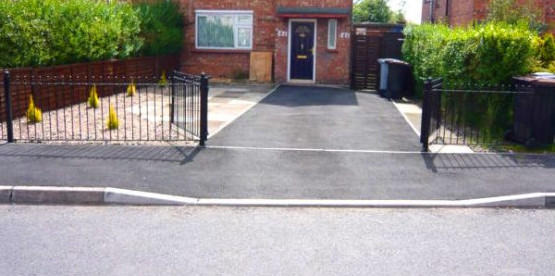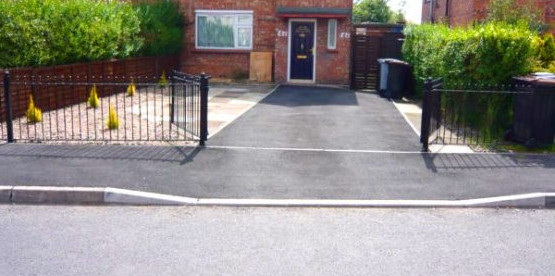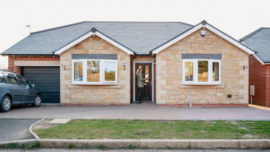The Ultimate Guide To Knowing About A Drop Kerb
What is a drop Kerb?
A dropped kerb is the dip in the path and kerb that lets you drive up to your house. The kerb is dropped from the normal height and the path is straightened to take the weight of the vehicle.
Do I need a dropped kerb?
If you intend to drive your car over the path into your driveway off a road, then you will need a drop kerb. It is against the law to drive over the path. If you do so, you are breaking the law and enforcement action could be taken to prevent such practice. Furthermore:
- Fistly, You may become liable from a collision with a pedestrian
- You may become liable for damage to the path
- You may face considerable costs as a result of damage to any utility apparatus under the path.
Can I drop a kerb myself?
The majority of local authorities will assign a contractor to complete the job, once your permission has been granted. The local council will strongly advise against DIY dropped kerbs. However, the council will allow you to DIY it if you are qualified to do the jobs yourself.
Do you need planning permission?
If your road is owned by the council you will need to apply for planning permission. However, if your road is a private road, you will not need to get planning permission. If you don’t get planning permission and you decide to build a dropped kerb, you may be fined up to £1,000.
The cost of a dropped kerb –
The average dropped kerb cost is around £600. This price covers the costs of materials and the labour’s work although, it doesn’t cover the costs of the planning permission. The average drop kerb prices for 2 kerbs will typically start at £350 for labour and materials, while the price you can expect for 3 kerbs is £ 525 and £700 for 4. They can take up to 1 – 6 weeks depending on the size, complexity and whether any utility’s need moving.







